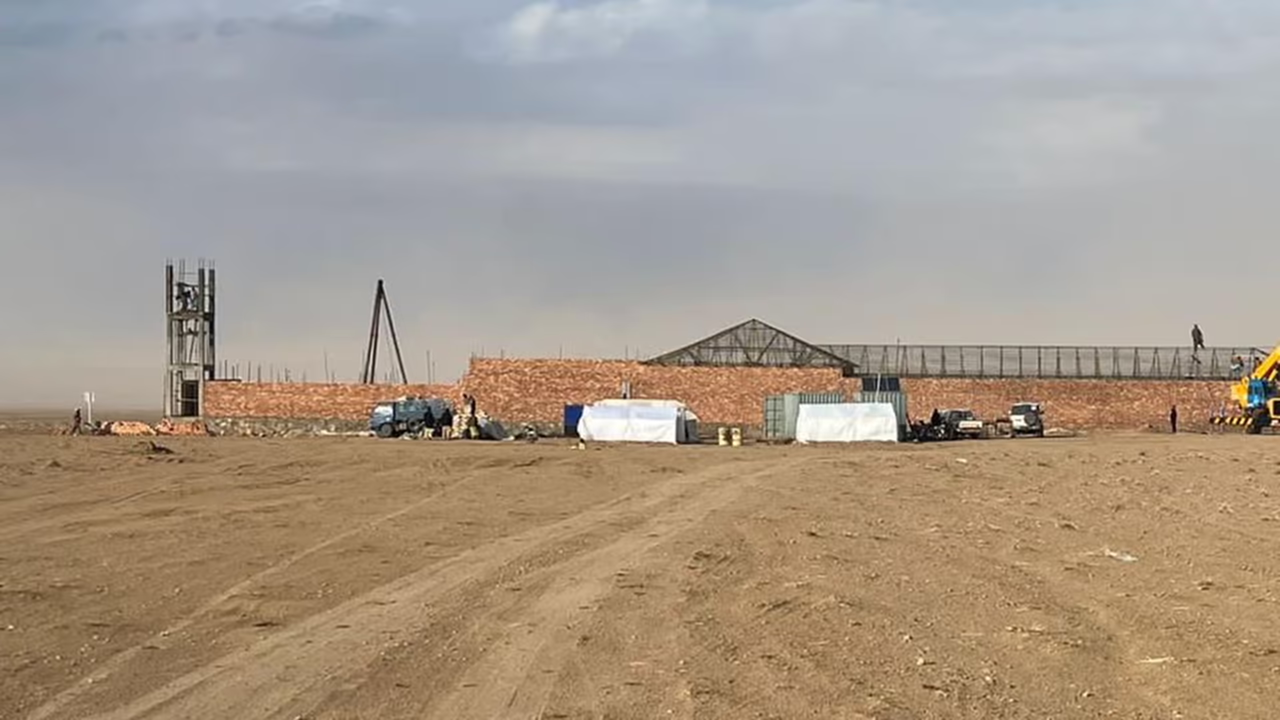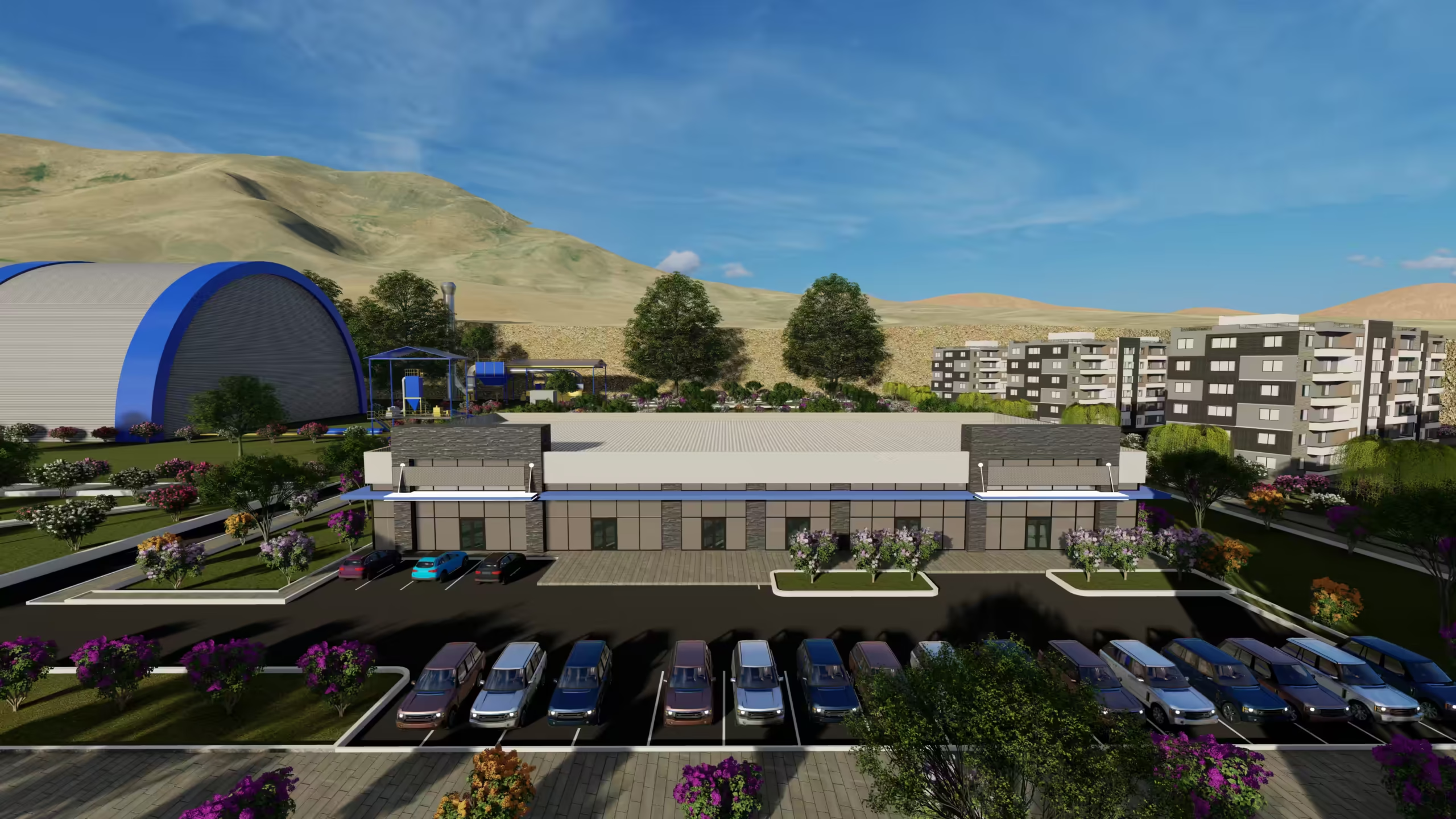Afghanistan, a country rich in history and natural resources, has been undergoing significant development in recent years. One crucial aspect of this development is the expansion and modernization of its electrical power infrastructure. Substations play a pivotal role in this process, serving as vital hubs for the distribution and transmission of electricity across the country.
What is a Substation?
A substation is a key component of an electrical power grid. It is a facility where voltage levels are transformed, enabling the efficient transmission and distribution of electricity to various regions.
The Importance of Substations in Afghanistan
Afghanistan’s electrical power infrastructure has faced numerous challenges over the years, including decades of conflict and underinvestment. Substations are essential for addressing these challenges and ensuring a reliable and efficient power supply to the country’s population. By upgrading and expanding the substation network, Afghanistan can improve access to electricity, stimulate economic growth, and enhance the quality of life for its citizens.
Future Outlook
The development of substations in Afghanistan is essential for the country’s progress and prosperity. By addressing the challenges and seizing the opportunities, Afghanistan can build a robust and resilient power infrastructure that supports economic growth, improves living standards, and enhances security. As the country continues to develop, the demand for electricity will only increase, making the expansion and modernization of substations a top priority.
Conclusion
Substations are indispensable components of Afghanistan’s electrical power infrastructure. By investing in and upgrading these facilities, the country can enhance its energy security, stimulate economic growth, and improve the quality of life for its citizens. Addressing the challenges and seizing the opportunities presented by substation development is crucial for Afghanistan’s future prosperity.



